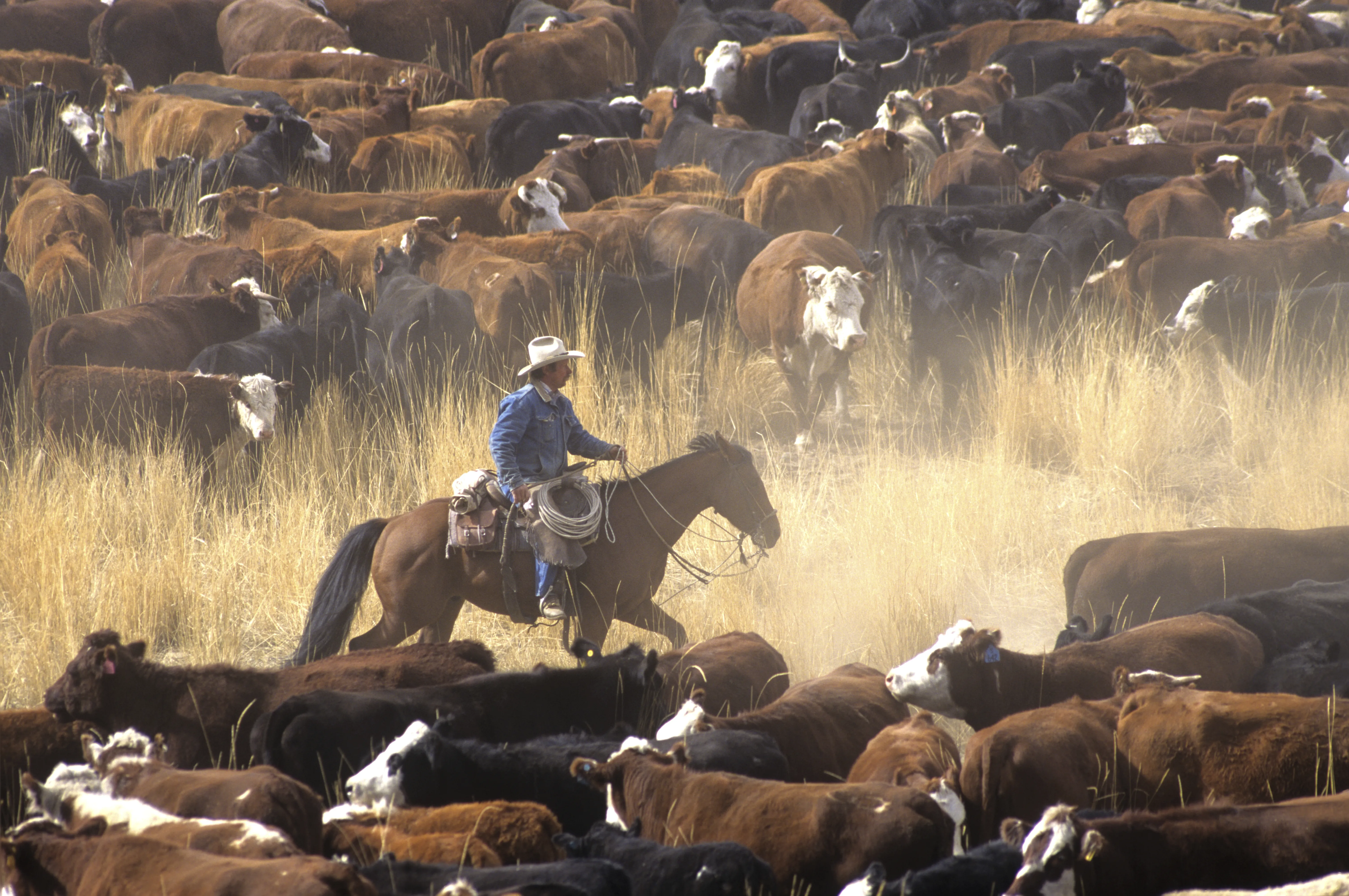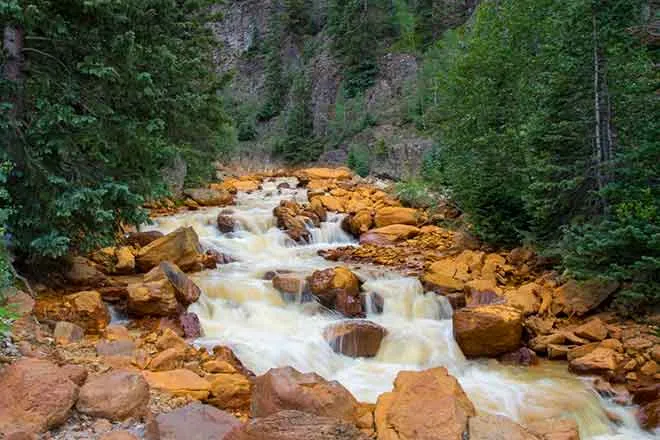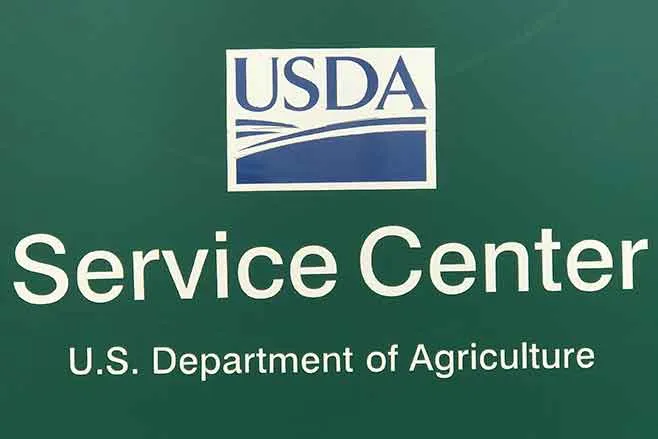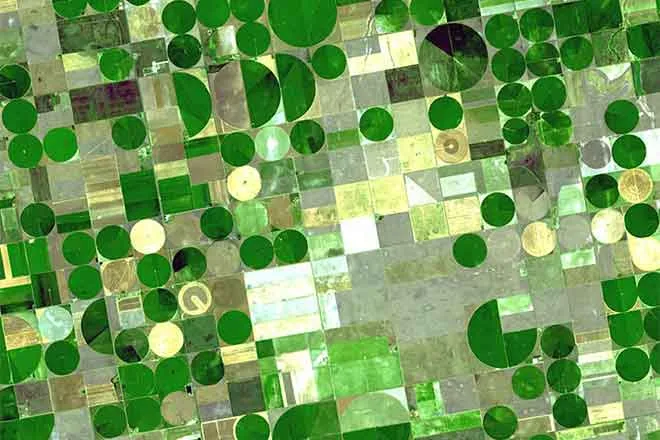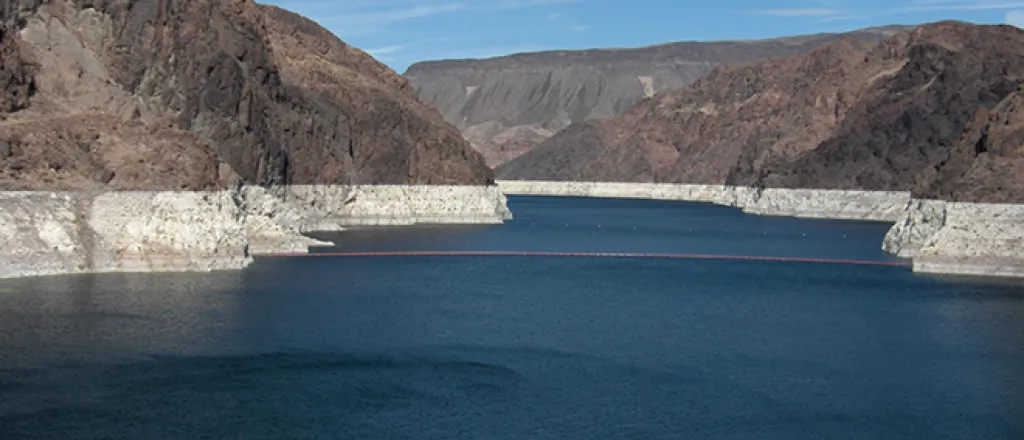
Most Nevada reservoirs at 80 percent capacity or more – except Lake Mead
(Nevada Current) Nevada can expect a healthy water year — with some caveats — thanks to a hardy winter snowpack and generous spring showers.
As snow melts through the summer, most key reservoirs in northern Nevada and the Sierra are expected to reach full volume this spring, according to the Natural Resource Conservation Services’ May water supply outlook report.
Across the state, winter snowpack peaked above the historical median after strong storms in January, February and March.

Snowpacks in Nevada also remained above normal in May, despite a dry April and areas of record snowmelt, according to the report. The month started off strong, after a cold storm brought up to 2 feet of snow at the highest elevations across northern Nevada, adding up to 1.5 inches of water equivalent.
Lake Tahoe is expected to see some of the largest benefits from Nevada’s second straight year of favorable winter snowpack.
Forecasts predict spring snowmelt will likely be enough to fill Lake Tahoe for the first time since June 2019. Once full, the water stored in Lake Tahoe could supply water demand in northern Nevada for three years, even if future winter snowpacks are below normal.
With the glaring exception of Lake Mead, nearly all major Nevada reservoirs have hit at least 80 percent storage capacity. Lake Mead is only at 36 percent capacity.
Abundant precipitation in Nevada has left most of the state drought free as of May — except for a small portion of southern Nevada — after rain and snowmelt removed abnormally dry conditions in western Nevada. In fact, the Humboldt basin in northwestern Nevada saw the highest precipitation percentage in the western United States outside of Alaska, receiving 23.7 inches of precipitation so far, according to the report.
Above normal snowpack this year, combined with good soil moisture is also expected to improve runoff this spring as less snowmelt is soaked up by the soil. Higher soil moisture is also a good sign for fire mitigation, as the state heads into wildfire season.
Favorable weather in southern Nevada and slightly above normal rainfall in early spring helped snowpack in the Spring Mountains near Las Vegas stay intact nearly three weeks later than usual, resulting in some extended snow capped mountains in the lower half of the state.
But mild weather in Las Vegas is likely coming to an end. According to the National Weather Services’ summer weather predictions, Las Vegas is forecast to have above normal temperatures and below normal precipitation from June to August.
In the Upper Colorado Basin, a major water source for Lake Mead, May snowpack is at 91 percent, slightly below the historical median. However, high temperatures across the Upper Colorado Basin have accelerated snow melt, thus melting a significant amount of snow before it’s most needed in the summer.
Between April and May, several monitoring stations in the Upper Colorado Basin recorded record or near record snow melt. Eastern Sierra and the Great Basin also experienced record or near record snow melt during that time, according to the report.
Despite some concerns, federal resource managers said Nevada’s 2024 water year is “well on its way to receiving an A on its final report card,” according to the report.
Nevada Current is part of States Newsroom, a nonprofit news network supported by grants and a coalition of donors as a 501c(3) public charity. Nevada Current maintains editorial independence. Contact Editor Hugh Jackson for questions: info@nevadacurrent.com. Follow Nevada Current on Facebook and Twitter.

